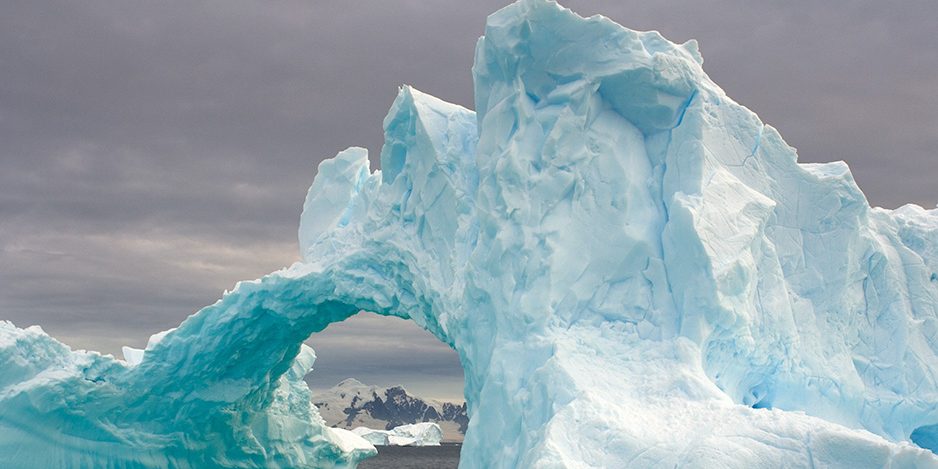Antarctica, the last great wilderness on Earth, is not just a land of ice and mystery. It is also a hotspot for various controversies. From territorial disputes to environmental concerns, the continent has seen its share of conflicts. This article delves into the main controversies surrounding Antarctica, providing details and examining where these issues currently stand. The controversies of Antarctica are hard to ignore.
Territorial Claims and Disputes
Antarctica is unique in that it has no native human population or government. However, several countries have laid claim to parts of the continent. These claims are a source of ongoing tension.
Historical Claims
Seven countries—Argentina, Australia, Chile, France, New Zealand, Norway, and the United Kingdom—have made territorial claims in Antarctica. Some of these claims overlap, leading to diplomatic disputes. For example, the claims of Argentina, Chile, and the United Kingdom overlap significantly.
Antarctic Treaty System
The Antarctic Treaty, signed in 1959, aimed to ease these tensions. It set aside territorial claims and established Antarctica as a zone of international cooperation. The treaty prohibits military activity, mineral mining, and nuclear testing, ensuring that scientific research remains the primary focus.
Current Status
While the Antarctic Treaty has been largely successful in maintaining peace, the territorial claims still exist. The treaty does not resolve these claims but rather suspends them. Countries continue to uphold their claims, which could become contentious if the treaty were to ever collapse.
Environmental Concerns and Conservation
Antarctica’s pristine environment faces significant threats from climate change, human activity, and tourism. These issues have sparked controversy and debate among scientists, environmentalists, and policymakers.
Climate Change
Climate change is having a profound impact on Antarctica. Rising global temperatures are causing ice shelves to melt and break apart, contributing to sea-level rise. The rapid melting of the West Antarctic Ice Sheet is of particular concern. Scientists warn that this could lead to significant global sea-level rise if not addressed.
Human Activity and Pollution
Scientific research and tourism, while valuable, also pose environmental risks. Research stations and tourist activities can lead to pollution and habitat disruption. There are strict regulations in place, but enforcement and compliance vary. The increase in tourism, in particular, has raised concerns about the long-term impact on the continent’s fragile ecosystems.
Conservation Efforts
The Antarctic Treaty System includes protocols to protect the environment. The Protocol on Environmental Protection, added in 1991, designates Antarctica as a “natural reserve, devoted to peace and science.” It sets strict guidelines for environmental conservation. However, the effectiveness of these measures depends on continued international cooperation and enforcement.
Scientific Controversies
Antarctica is a hub for scientific research, but even this has not been free from controversy. Disputes over research priorities, funding, and data sharing have emerged.
Research Priorities
Different countries and research institutions have varying priorities when it comes to Antarctic research. Some focus on climate change, while others prioritize geological studies or biological research. These differing agendas can lead to conflicts over resource allocation and research funding.
Data Sharing
Another contentious issue is data sharing. The Antarctic Treaty encourages open sharing of scientific data, but in practice, this is not always the case. Some researchers and institutions are reluctant to share data due to competitive pressures and intellectual property concerns. This lack of transparency can hinder scientific progress.
Geopolitical Tensions
Antarctica’s geopolitical significance is growing, particularly as climate change makes the region more accessible. Countries are increasingly interested in the continent’s potential resources, leading to geopolitical tensions.
Mineral Resources
The Antarctic Treaty prohibits mineral mining, but interest in the continent’s potential resources remains high. Some countries have conducted surveys and studies, fueling speculation about future resource exploitation. This possibility raises concerns about environmental degradation and geopolitical conflict.
Strategic Interests
As the Arctic becomes more accessible, countries are also looking to Antarctica for strategic reasons. Control over this remote region could have significant geopolitical implications, particularly in terms of military presence and influence.
The Future of Antarctica
The future of Antarctica hinges on continued international cooperation and adherence to the Antarctic Treaty. While the treaty has been effective in maintaining peace and promoting scientific research, it faces challenges.
Renewal of the Antarctic Treaty
The Antarctic Treaty is set to be reviewed in 2048. This review will be crucial in determining the future of the continent. Countries will need to reaffirm their commitment to the treaty’s principles and address emerging issues such as climate change and resource exploitation.
Strengthening Environmental Protections
Enhancing environmental protections will be essential. This includes stricter regulations on tourism and human activity, as well as stronger enforcement mechanisms. International collaboration will be key to preserving Antarctica’s unique environment.
Addressing Geopolitical Tensions
Managing geopolitical tensions will require diplomatic efforts and confidence-building measures. Countries must prioritize peaceful cooperation over territorial and resource-based conflicts. The Antarctic Treaty provides a framework for this, but it will require ongoing commitment and dialogue.
Antarctica is a land of both wonder and controversy. The controversies of Antarctica are hard to ignore. Territorial claims, environmental concerns, scientific disputes, and geopolitical tensions all play a role in shaping the continent’s future. The Antarctic Treaty has been instrumental in maintaining peace and promoting scientific research, but challenges remain. As we look to the future, international cooperation and a commitment to preserving this unique region will be essential. The mysteries of Antarctica continue to captivate, but resolving its controversies will require careful and sustained effort. Read Arctic Masons for more mysteries about Antarctica. Here is Arctic Masons first chapter for free.






